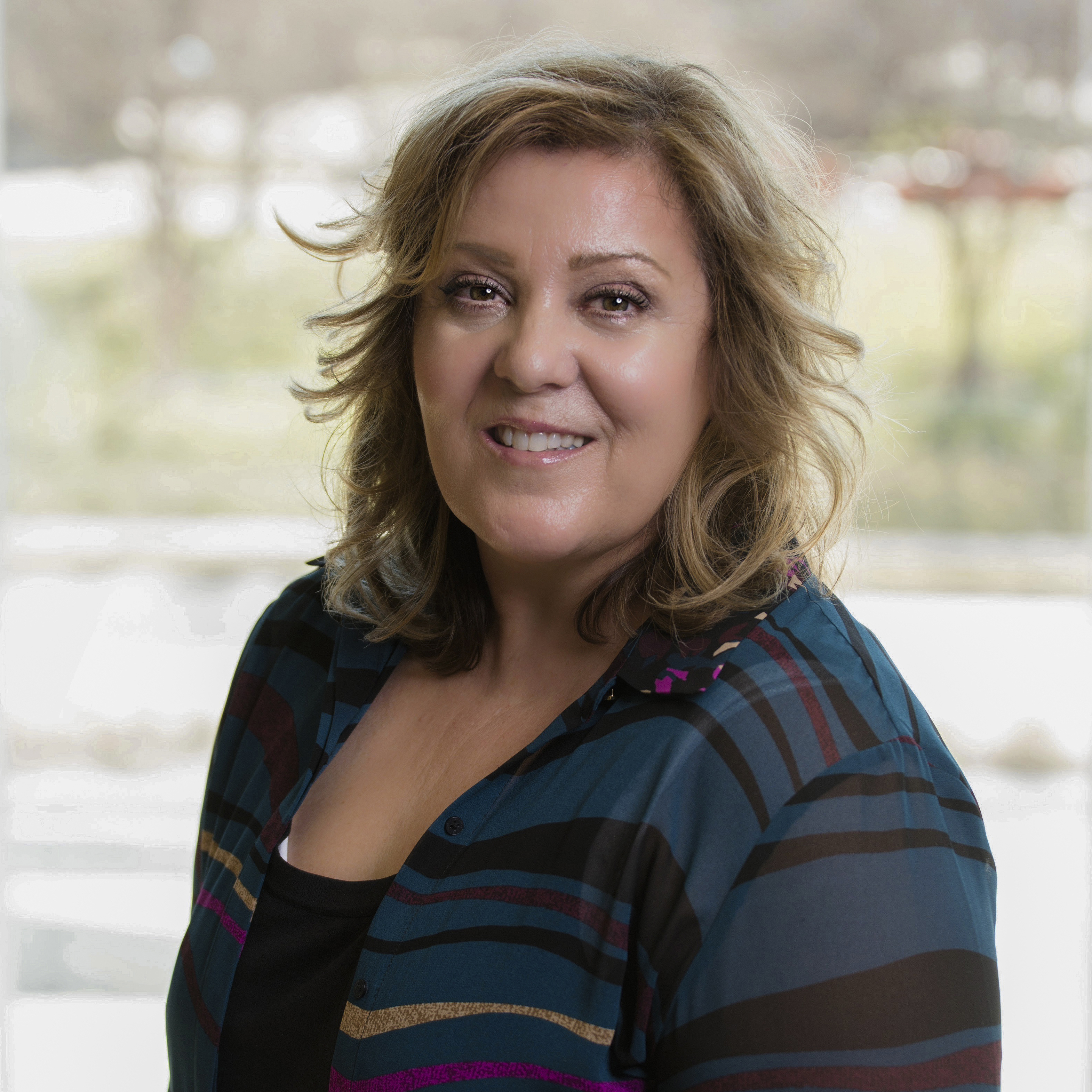Embracing the Challenge—Teaching K–5 Students to Read
By fourth grade, only one out of five students in the poor reading group said unequivocally that they like to read, in contrast to 9 out of 10 of the good-reader group. Forty percent of the poor readers would rather clean their room than read compared to only 5 percent of the average-and-good reader groups. Or as one of the poor readers said, “I’d rather clean the mold around the bathtub than read”
(Connie Juel, 1994, p. 120).
I’ll never forget that quote while studying the science of reading a few years ago. The good news is that the devastating educational and social consequences of reading failure can be prevented or reduced through education (Fletcher, Lyon, Fuchs, & Barnes, 2007; Foorman, 2003; Torgesen, 2004a).
Studies that emphasize both classroom instruction and supplemental intervention programs have found that all but 2 percent to 5 percent of students can learn basic reading skills in first grade, even in populations where the incidence of poor reading is very high (Mathes et al., 2005). Remediation in grades 2 and 3 can have lasting positive effects on basic reading skills over the next 10 years (Blachman et al., 2014). Older students, in grades 3–5, can also improve to the average range and sustain those improvements if their remediation is sufficiently intensive, expert, and long term (Torgesen et al., 2001).
What works?
Well-informed educators make well-informed educational decisions that affect student success. When considering effective supplemental intervention programs, ESSA evidence, the Every Student Succeeds Act, emphasizes the use of strong "evidence-based" approaches that have demonstrated a statistically significant positive effect on student outcomes.
Voyager Passport demonstrates ‘Strong’ ESSA evidence
Last year, I walked into the instructional storage room at a Clark County School District school in Las Vegas, NV, to help organize materials for teachers. Along one wall, I saw boxes and boxes of Voyager Passport® materials. When the administrator saw my surprise at their stash, she said, "We'll never get rid of Voyager Passport. I'm still surprised that schools don't understand that when you get the right students, in the right program, with the right teacher you are guaranteed results. We get those results every year with Voyager Passport."
Why Teachers Like the Updated Voyager Passport
- Supports direct, explicit, systematic instruction in the five essential components of reading (phonemic awareness, phonics, vocabulary, fluency, and comprehension), writing, and grammar for K–5 students
- Accelerates student achievement by targeting priority skills and strategies
- Supports diverse learners, including English language learners
- Connects to science and social studies
- Alignment to current state standards
- Optional Writing Projects
- Can be used virtually. Improved technology for differentiation and practice.
Virtual Delivery
Great news during these trying times—Voyager Passport can be delivered via an online platform with access to both Teacher and Student eBooks. Teachers can also access Blast Off Fluency Passages in the Teacher Center. Students can access their Passport Student Interactive ebook text as well as Fluency Readers in the Student Center.
In Conclusion
When children arrive at school, we can't change some of the things that may affect their potential success in learning to read. We can’t change their socioeconomic situation, we can't change their IQs, or provide all the literacy experiences that build vocabulary, but we can embrace the challenge of teaching them to read with an understanding of the science behind reading research and incorporating the best tools that assist our efforts.


